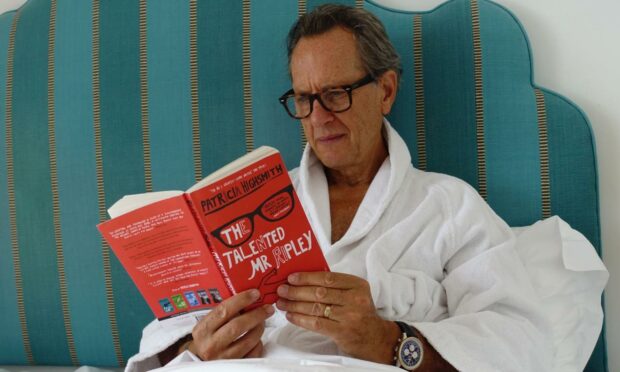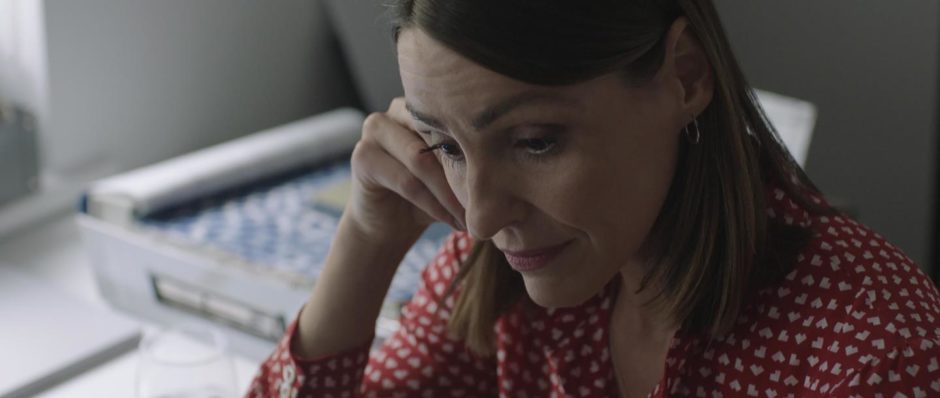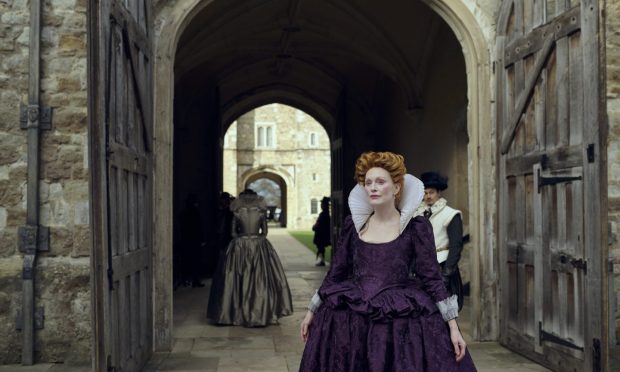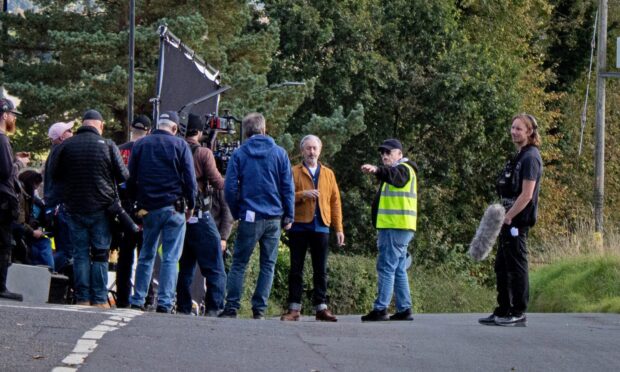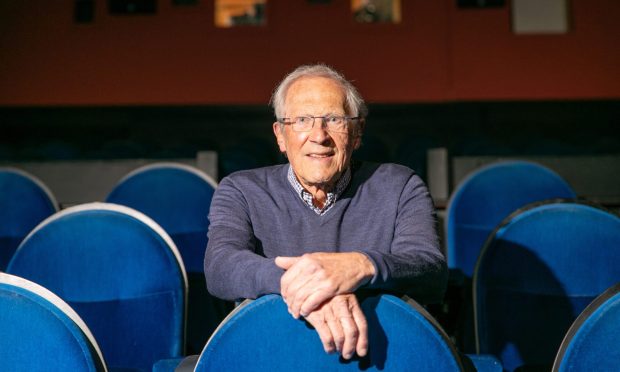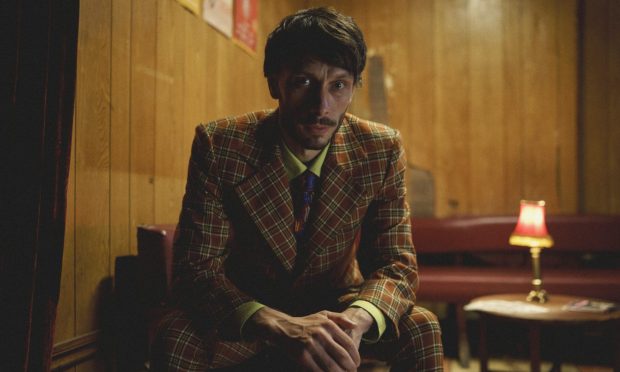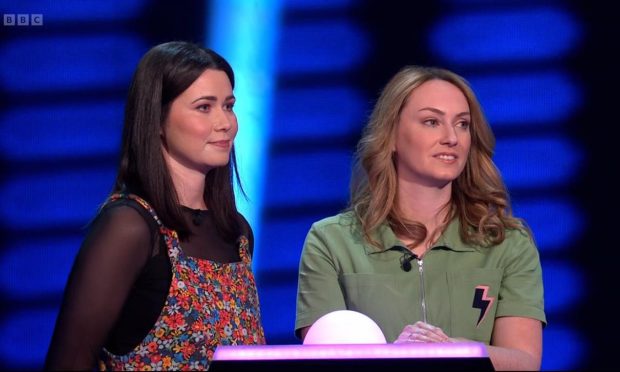How many fellow eager readers find that one of the only times we’re able to create headspace for a good book is when we’re on holiday?
Maybe that’s one reason why sales of books boomed during lockdown – because to a great many of us, picking a good book to lose ourselves in is part of the ritual of exploring the kind of new places we weren’t allowed to go.
From the opening scene of the first episode of Write Around the World (BBC Two), where actor Richard E. Grant enthusiastically smells the pages of one of the novels he’s planning on taking on holiday, and swears off a tablet in favour of the real thing, we can tell we’re in the company of a proper holiday reader.
The show he’s presenting is built on a simple but perfect idea – Grant visits a new country every time, and delivers a traditional sightseeing travel documentary through the lens of famous books written in or inspired by each location he visits.
The first episode focussed on southern Italy.
Amid a typical, choppily melodramatic orchestral score which shouts “arty BBC doc incoming”, and shots of Grant swooning over the grimy apartment blocks of Naples, he gets into the meat of the matter, as English journalist and expat Sophia Seymour takes him around the city of the pseudonymous Elena Ferrante’s My Brilliant Friend (2012), the first of her Neapolitan quartet.
With a magnetic, beaming suaveness, he’s led away from the tourist spots and towards the residential areas described but unnamed in the book.
From there, he shifts into Charles Dickens’ reflections on the city in Pictures from Italy (1846) – including a weirdly sexual reflection on Neapolitan people’s lottery number-choosing traditions – and Elizabeth Gilbert’s hunt for the perfect pizza in Eat, Pray, Love (2006).
An Italian literary feast
Grant moves on to the Pompeii of Robert Harris’ book of the same name (2003), the luxury Amalfi Coast resort of Positano, which inspired Patricia Highsmith’s The Talented Mr. Ripley (1955), and finally the rural region of Basilicata, which is where the exiled anti-fascist writer Carlo Levi saw desperate, cave-dwelling poverty in the 1930s, writing about his experience in Christ Stopped at Eboli (1945).
This series isn’t as ground-breaking as any of these books, but with Grant deploying wide-eyed, inquisitive naivete and a silky reading or two here or there, it’s an hour of wonderfully horizon-expanding enjoyment.
Television claustrophobia
On the flipside of the coin, meanwhile, I Am Victoria (Channel 4) was just about the most claustrophobic televisual experience in memory.
The first in the new series of Dominic Savage’s I Am strand, each has been created with a different female actor exploring a subject which means a lot to her.
In this case, Suranne Jones played a home-working mother whose hermetically clean white house is just one symptom of a mind about to topple into a stress-induced breakdown.
Dramatically, there was a certain repetition as Victoria blew up or broke down in every scene, but Jones’ phenomenal performance kept us breathless throughout, whether teetering on the edge of tears as she tried to apply make-up through her jitters, or boiling with rage and anxiety at husband Christian’s (Ashley Walters) every careless word.
She appeared for each second of the show, and each of those seconds was a masterclass.
